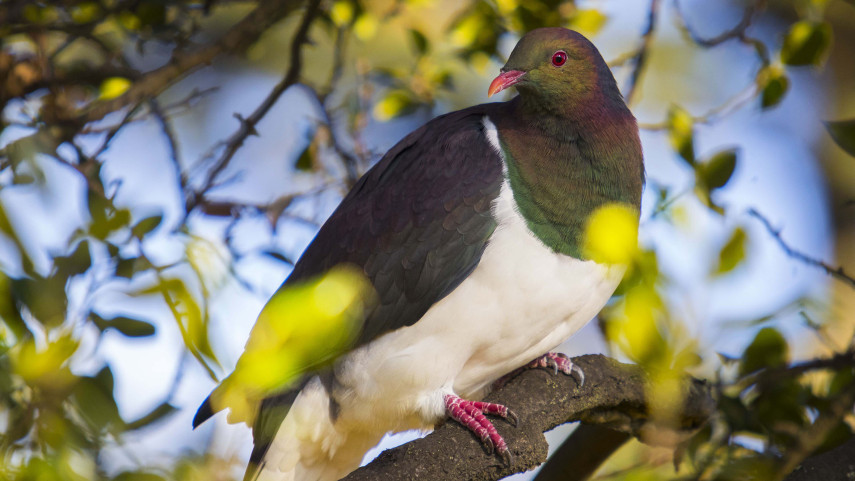
Pest control project helping restore eco-system

Share this story
A successful pest control programme on Whakaraupō Lyttelton Harbour has so far removed almost 4700 predators thanks to a network of dedicated volunteers, support from landowners and funding from Christchurch City Council.
The Whaka-Ora Pest Project (WOPP) is a programme with Conservation Volunteers New Zealand aimed at controlling invasive predators and targeting possums, rats and stoats. Invasive weeds are also a major problem, such as spur valerian, old man’s beard, banana passionfruit, boneseed, wilding pines and sycamore.
The focus is to restore the natural biodiversity of the harbour landscape and to build a resilient, engaged community, says Hamish Fairbairn, Canterbury Regional Manager of Conservation Volunteers New Zealand.
With a team of 90+ trained volunteer trappers, and a network of 800 traps and 31 traplines, the project currently protects over 440 hectares of public and private land.
Reducing populations of these pests creates space for native populations to recover and thrive, Mr Fairbairn says.
“As pest numbers drop, we begin to see increased nesting success in native birds, more sightings of invertebrates, and healthier regeneration of native vegetation. In the harbour, people are seeing larger flocks for kererū, return of tomtit miromiro and increased sightings of tūī.”
WOPP covers Council parks and reserves, Department of Conservation land, and private land, recognising that ecological threats move freely across property lines, says Mr Fairbairn.
“We rely on the commitment of our amazing volunteers, and the funding we receive from Christchurch City Council helps to cover the costs of essential equipment such as traps, bait and monitoring tools as well as training, coordination and safety support. It also increases the impact of volunteer mahi by providing infrastructure and resources needed to sustain the project.”
The Council has two funds that support community environmental initiatives like WOPP, and both are currently open for applications.
The Biodiversity Fund is targeted at landowners wanting to protect and enhance areas of ecological significance on private land within the Council’s boundaries.
Manager Parks Programmes and Partnerships Roslyn Kerr says this could be through initiatives like fencing, native planting or pest control.
“Working in partnership with private landowners, we can achieve outcomes that benefit the whole city, as is the case with the terrific work being undertaken by the WOPP.
“We also have the Environmental Partnerships Fund, and this is targeted at community organisations, charities and non-profit groups looking to partner with our Parks Rangers on projects of shared interest to the community and the city as a whole."
Applications for the Biodiversity Fund and the Environmental Partnerships Fund are open now.
